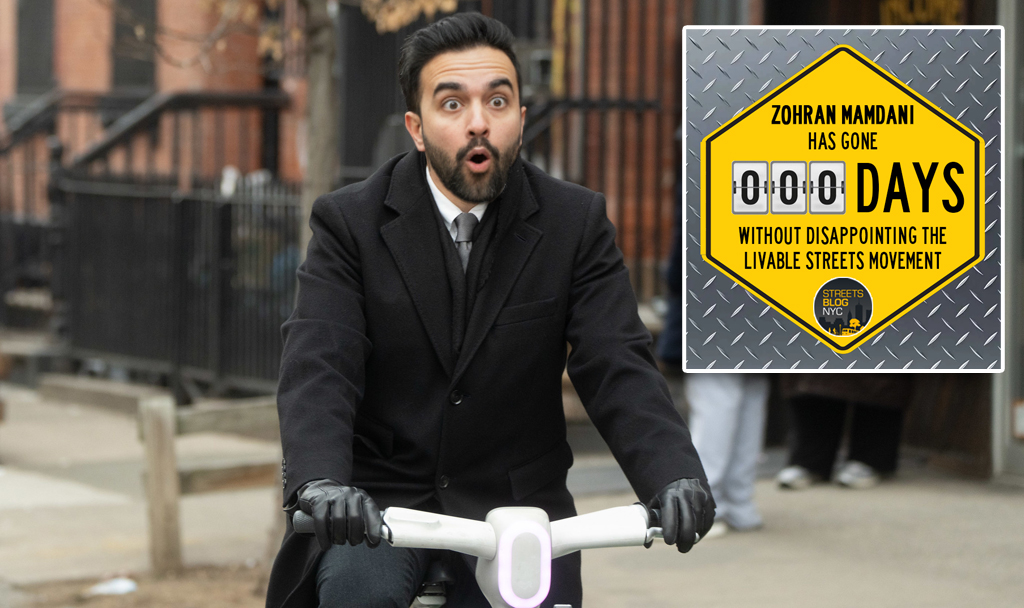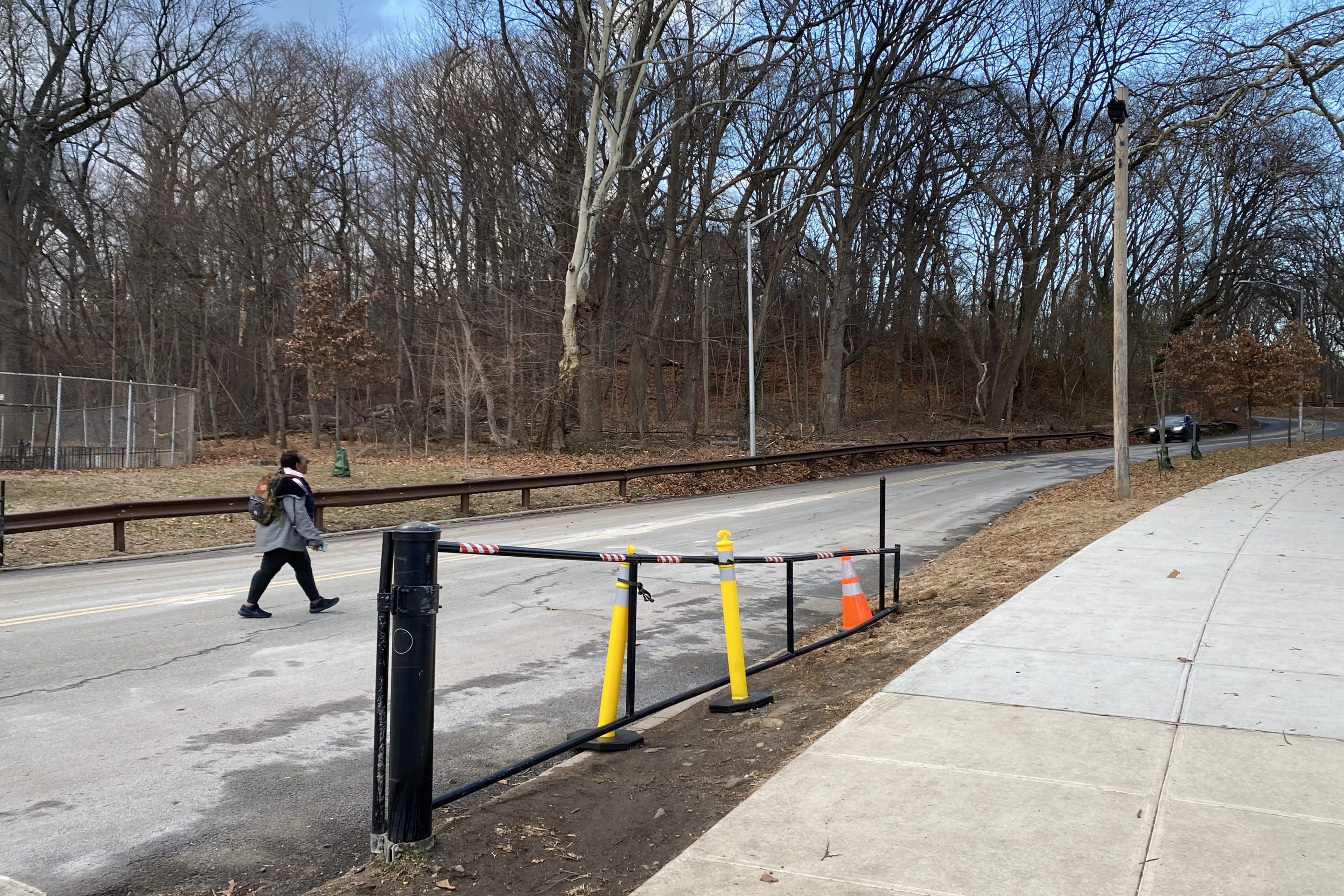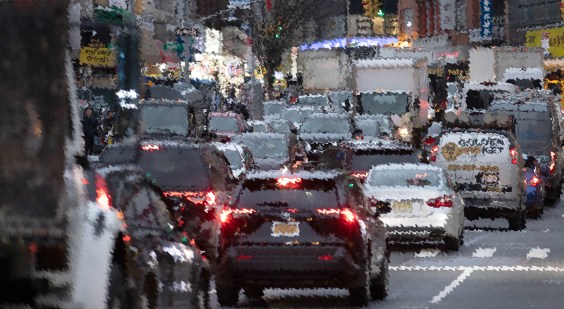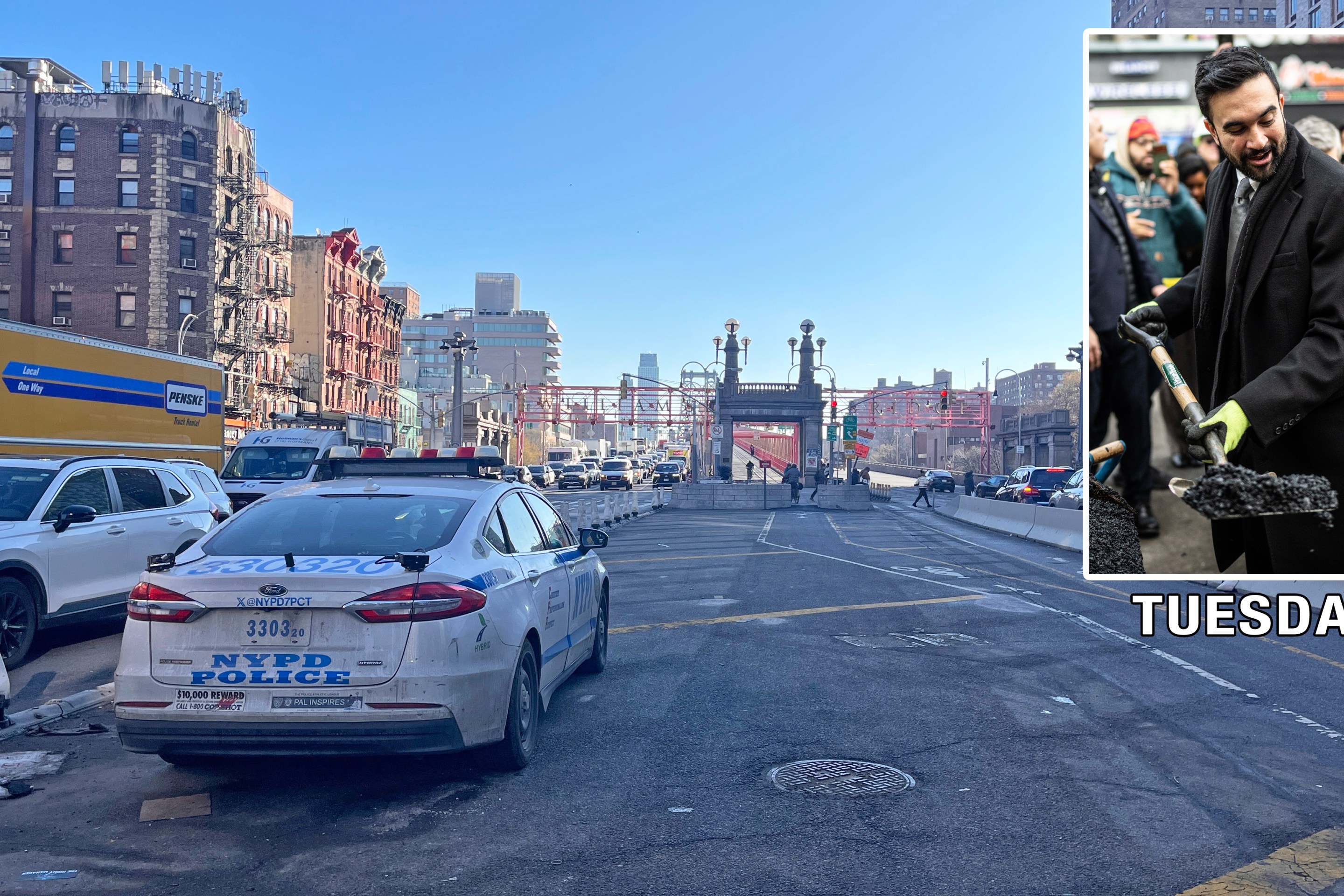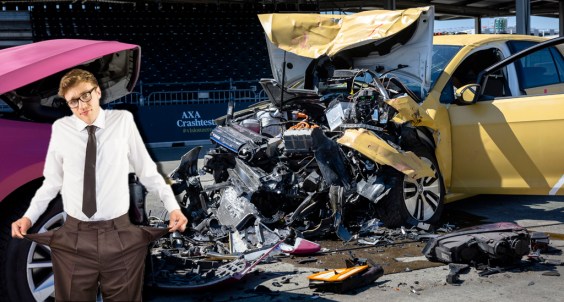In the final installment of a three-part series on Wisconsin's sputtering tech sector, Bruce Thompson at Urban Milwaukee notes that his home state ranks near the bottom of Democratic-leaning states on the Information Technology and Innovation Foundation’s "New Economy Index." If a strong start-up economy is linked to Democratic voting patterns, as ITI's data shows, then what's gone wrong in Wisconsin?

Thompson looks to Utah, the GOP-dominated state that's nevertheless managed to grow a strong tech sector, for answers. He says the different strains of conservatism in each state explain a lot:
In recent years, a unifying theme among Wisconsin conservatives has been opposition to any public transportation that uses rails. This opposition has been very effective, killing light rail proposals for the Milwaukee area, killing the proposed commuter line between Milwaukee and Kenosha which would have connected to Chicago, and giving up a federal grant of more than $800 million for a rail line from Milwaukee and Madison. Now conservatives seem intent upon placing obstacles before Milwaukee’s streetcar proposal.
On most any conservative website in Wisconsin you can find articles attacking rail transportation. Often these are reworked versions of articles used to oppose light rail or streetcar proposals in other states. Two particularly prolific authors are Randal O’Toole of the Cato Institute and Wendell Cox of the Heartland Institute, who have made a cottage industry of opposing such proposals wherever they arise. The details of the arguments are not always consistent but the conclusions are: rail transport is a bad idea. For example one article argues that Milwaukee lacks the conditions that made the Portland streetcar a success while another argues that Portland’s streetcar was a fiasco.
Given the almost universal opposition to rail transportation from this array of conservative organizations, amplified by Milwaukee talk radio, Wisconsinites might expect that Utah’s conservatism would be the last place where rail transportation could take hold. Yet that perception would be wrong.
Over a period of seven years, Salt Lake City and its environs added 70 miles of tracks on five light rail and commuter rail lines. Transit riders have responded. According to the latest survey by the American Public Transportation Association, ridership on its three modes (buses, light rail, and commuter rail) approximates the total ridership on Milwaukee buses, even though Milwaukee’s population is substantially larger than Salt Lake City’s, whether measured by the city or the metropolitan area. Commuter rail ridership rose 103 percent and light rail rose nearly 7 percent in the last year.
Back in the 1990s, voters in Salt Lake City rejected a measure to fund light rail but little more than a decade later they embraced transit. Why? Clearly there were conservatives pushing the idea. Perhaps Utah’s conservatism is a throwback to the past -- the old style conservatism that backed infrastructure improvements all all kinds and which was far more pragmatic than the version that has now come to dominate in Wisconsin and most other states. Whatever the reason, Salt Lake City has been allowed to become more urban, and that is likely to help it attract the kind of entrepreneurs and innovators that are needed to build a new economy.
Elsewhere on the Network today: The Transport Politic wonders whether Nashville can overcome the political hostility to effective surface transit in Tennessee. Systemic Failure highlights ridiculously light sentence given to a driver who killed three pedestrians in Florida. And Rust Wire outlines some concerns about the $331 million road project planned for Cleveland's east side.
